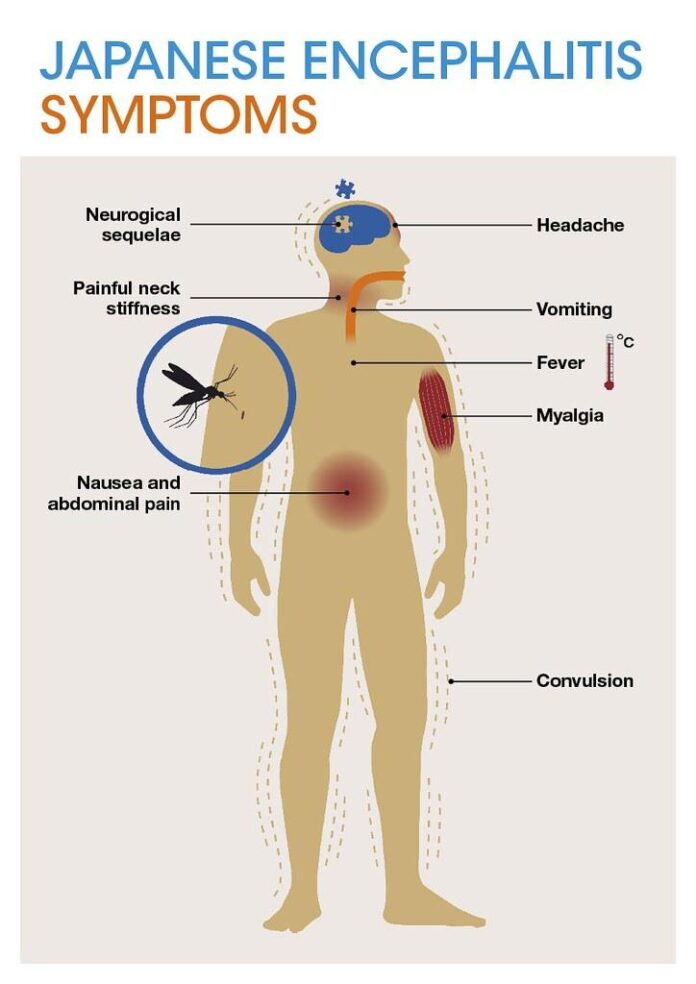
Cholera is an infectious disease that causes severe watery diarrhea, which can lead to dehydration and even death if untreated. The disease is caused by the bacterium Vibrio cholerae, which is usually found in contaminated water or food. Cholera is a major global health concern, particularly in areas with poor sanitation and limited access to clean water.
It is important to recognize the symptoms of cholera in order to seek prompt medical treatment. In this article, we will discuss the common symptoms of cholera and how to identify them.
1. Diarrhea
The most common symptom of cholera is profuse watery diarrhea. This diarrhea can be so severe that it leads to rapid dehydration and electrolyte imbalances. The diarrhea may have a “rice water” appearance, meaning it is pale and contains flecks of mucus and dead cells.
If you or someone you know is experiencing watery diarrhea, especially in an area known for cholera outbreaks, it is important to seek medical attention immediately.
2. Vomiting
In addition to diarrhea, people with cholera often experience frequent vomiting. This can further contribute to dehydration and electrolyte imbalances, as the body loses important fluids and nutrients.
If you are vomiting and experiencing diarrhea, it is crucial to stay hydrated and seek medical treatment as soon as possible.
3. Dehydration
Cholera can cause severe dehydration due to the rapid loss of fluids and electrolytes through diarrhea and vomiting. Symptoms of dehydration may include extreme thirst, dry mouth, rapid heartbeat, low blood pressure, and reduced urine output.
If you suspect dehydration, it is important to seek immediate medical attention to prevent serious complications.
4. Muscle cramps
Cholera can cause painful muscle cramps, particularly in the legs and abdomen. These cramps may be a result of the body’s electrolyte imbalances and dehydration. It is important to rest and stay hydrated to alleviate muscle cramps while seeking medical treatment for cholera.
5. Shock
In severe cases, cholera can lead to hypovolemic shock, a life-threatening condition that occurs when the body loses more than 20% of its blood or fluid supply. Symptoms of shock may include rapid breathing, cold and clammy skin, confusion, and unconsciousness.
If you suspect someone is experiencing shock, seek emergency medical care immediately.
6. Low blood pressure
Cholera can cause a significant drop in blood pressure, leading to symptoms such as dizziness, lightheadedness, and fainting. It is important to monitor blood pressure and seek medical attention if it becomes too low.
7. Rapid heart rate
A rapid heartbeat, or tachycardia, can be a symptom of dehydration and electrolyte imbalances caused by cholera. If you or someone else experiences a rapid heart rate, it is important to seek medical attention promptly.
8. Dry mucous membranes
Dehydration from cholera can cause dry, sticky mucous membranes in the mouth and throat. This can contribute to a feeling of extreme thirst and discomfort. It is important to stay hydrated and seek medical treatment to alleviate dry mucous membranes.
9. Fever
Some people with cholera may experience a low-grade fever, although this is less common than the other symptoms mentioned. If you have a fever along with diarrhea and vomiting, it is important to seek medical attention to rule out cholera or other serious infections.
10. Nausea
Nausea is another common symptom of cholera, often accompanied by vomiting and diarrhea. It is important to stay hydrated and seek medical treatment if nausea persists, as it can contribute to further dehydration and electrolyte imbalances.












